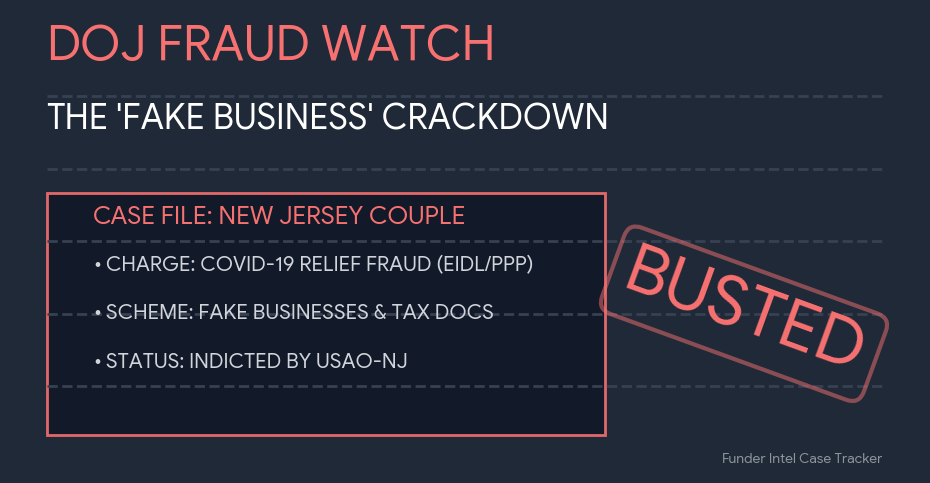Biz2Credit settles FTC complaint for $33 Million, but will it matter?
- Staff Writer

- Mar 20, 2024
- 2 min read
Updated: Oct 17, 2025

A recent settlement between the Federal Trade Commission (FTC) and Biz2Credit, a company that helps businesses secure financing, for $33 million and also fintech Womply for $26 million, sheds light on a trend: deceptive business practices by corporations, and the seemingly toothless consequences they face.
The FTC alleges that Biz2Credit misled small businesses about how quickly it could process Paycheck Protection Program (PPP) loans, a critical lifeline during the pandemic. The company also allegedly locked businesses into applications, preventing them from seeking financing elsewhere. This resulted in some businesses missing out on crucial financial aid altogether.
Biz2Credit released a statement in response to the settlement that included the following information: "Consistent with its longstanding mission, Biz2Credit focused on funding traditionally underserved small businesses during the Paycheck Protection Program (PPP). During PPP2 (2021), the company processed over half a million applications and provided much-needed funding to more than 170,000 small business owners."
While the FTC secured a hefty $33 million settlement from Biz2Credit, one can't help but wonder: is this enough of a deterrent?
Here's the million-dollar question: why do consumers continue to do business with companies that engage in such practices?
This isn't an isolated incident – companies like Apple, Google, and Uber have all been hit with multi-million dollar fines for deceptive practices, yet they continue to thrive.
There are a few explanations:
Lack of Awareness: Many consumers might not be aware of the settlements or the underlying deceptive practices. Information overload and the sheer volume of companies we interact with daily make it difficult to stay on top of every controversy.
Limited Choice: In some industries, consumers may have limited choices. For instance, if you rely heavily on Google services like Gmail or Search, switching to a competitor might be inconvenient or impractical.
Perceived Value: Even after a settlement, consumers may weigh the convenience or perceived value of a service against the potential risks. For many, the benefits of using a familiar platform outweigh the concerns about past transgressions.
Ineffective Penalties: Perhaps the biggest concern is that the financial penalties simply aren't a strong enough deterrent. A $33 million fine might seem like a significant sum to the average person, but for a large corporation, it's a slap on the wrist. These settlements are often seen as the cost of doing business, rather than a punishment that discourages future misconduct.
So, what can be done?
Stronger penalties and better enforcement are a must. The FTC also needs to do a better job of informing the public about these settlements and the underlying deceptive practices. There are certainly other cases that have caused businesses to change whether it be by a total rebrand, operational improvements, loss of customer base, and other losses.
Ultimately, the onus also falls on consumers to be more informed and critical. Researching a company's track record before giving them your business is an important step in protecting yourself from deceptive practices.
By holding corporations accountable and empowering consumers, we can create a fairer marketplace where businesses win by providing excellent service, not by resorting to deception.




Comments